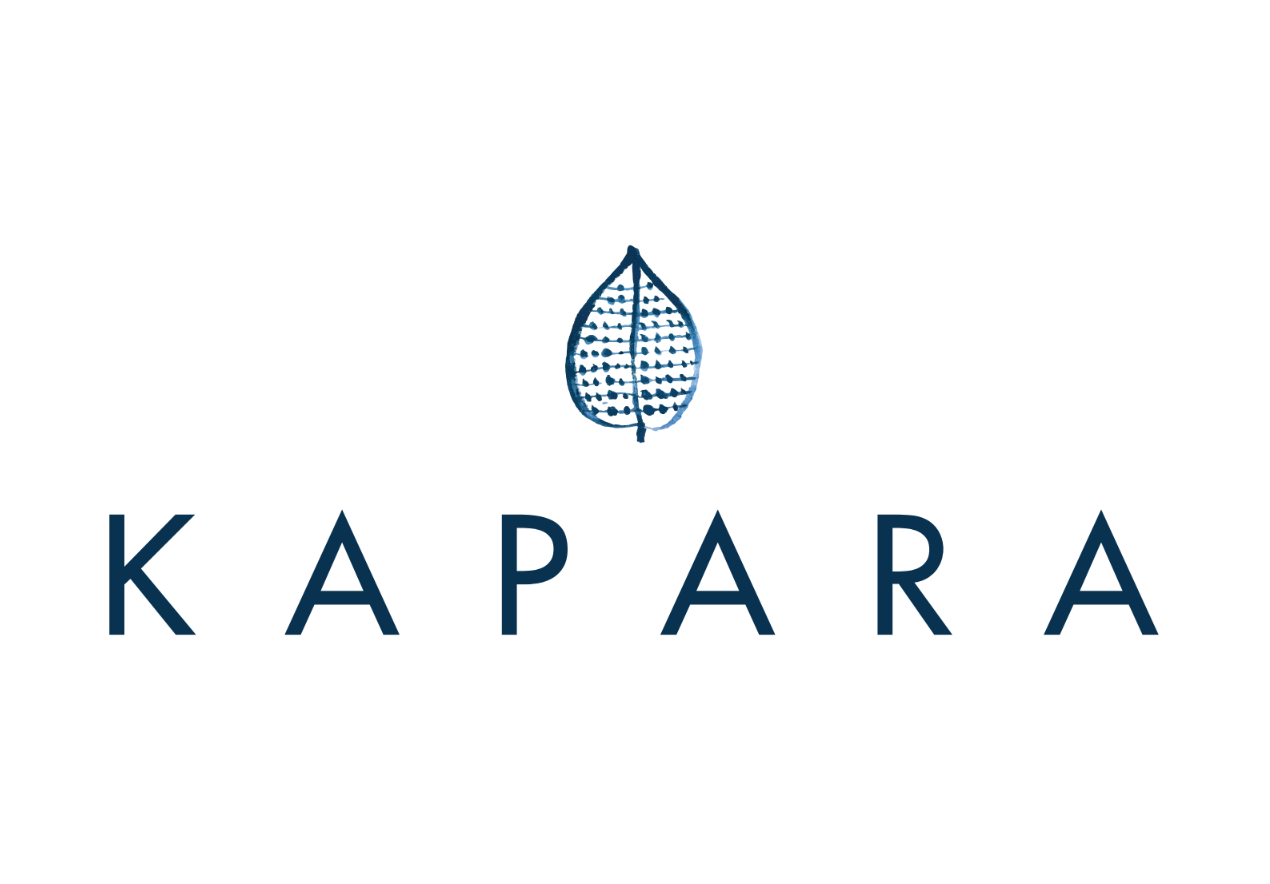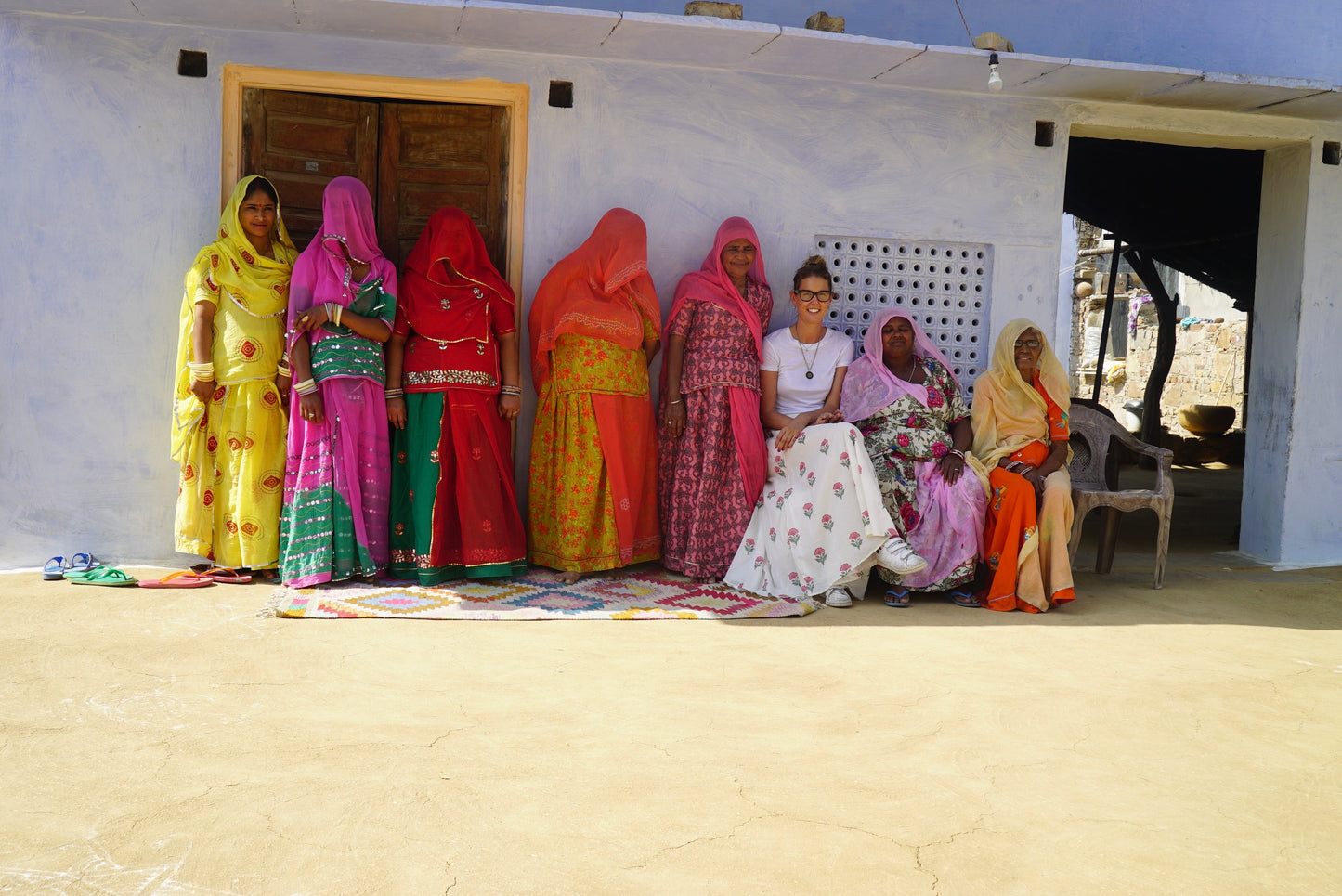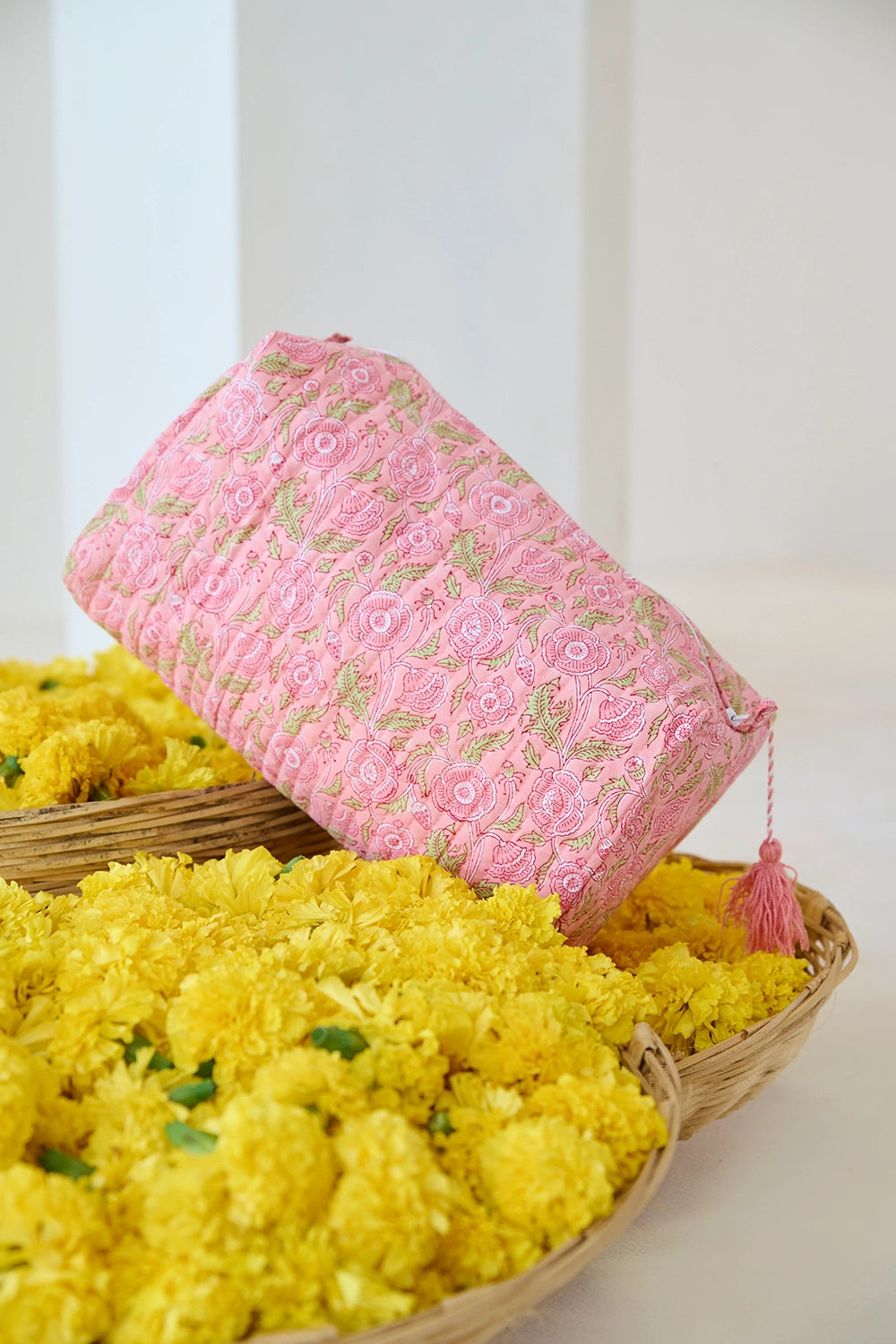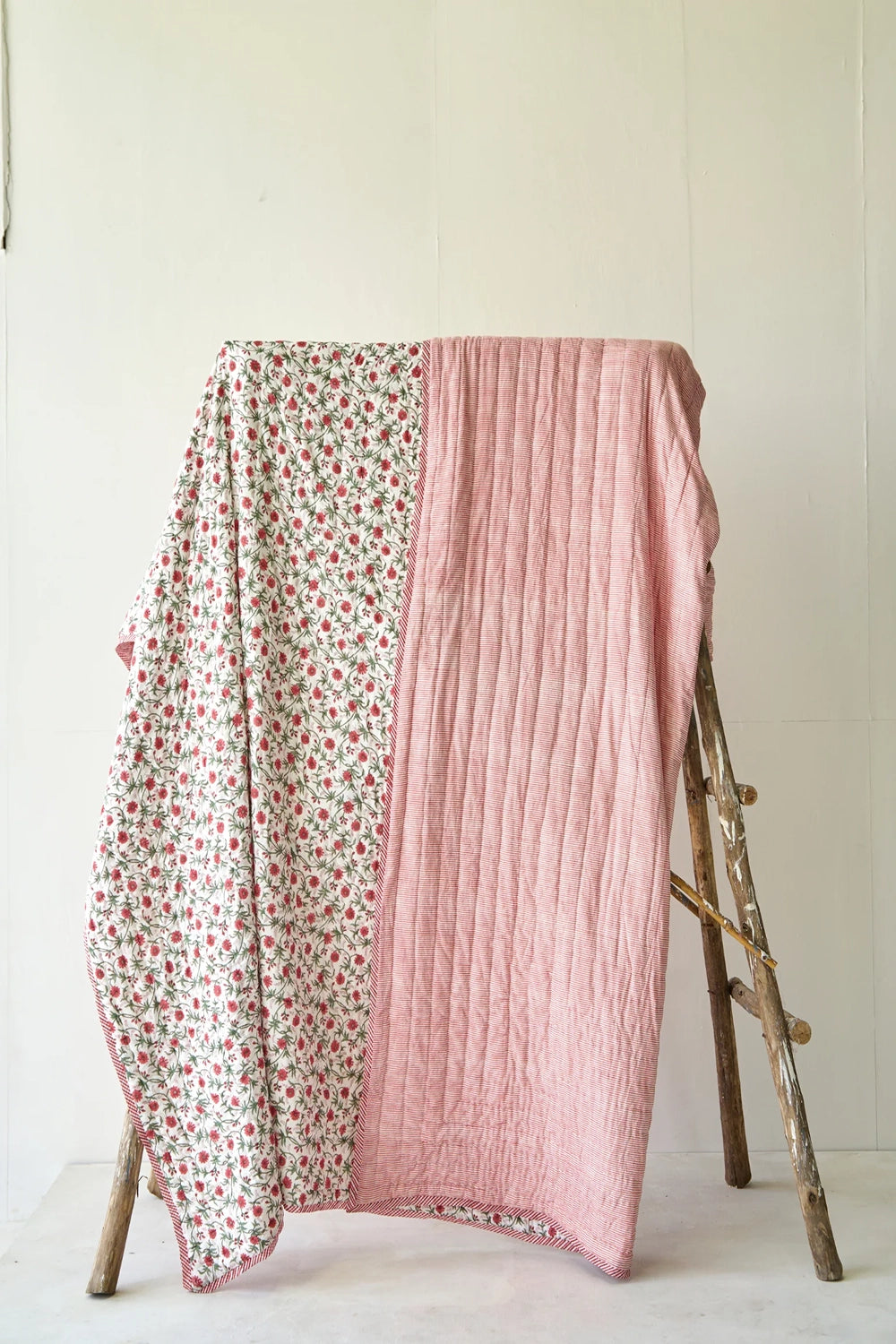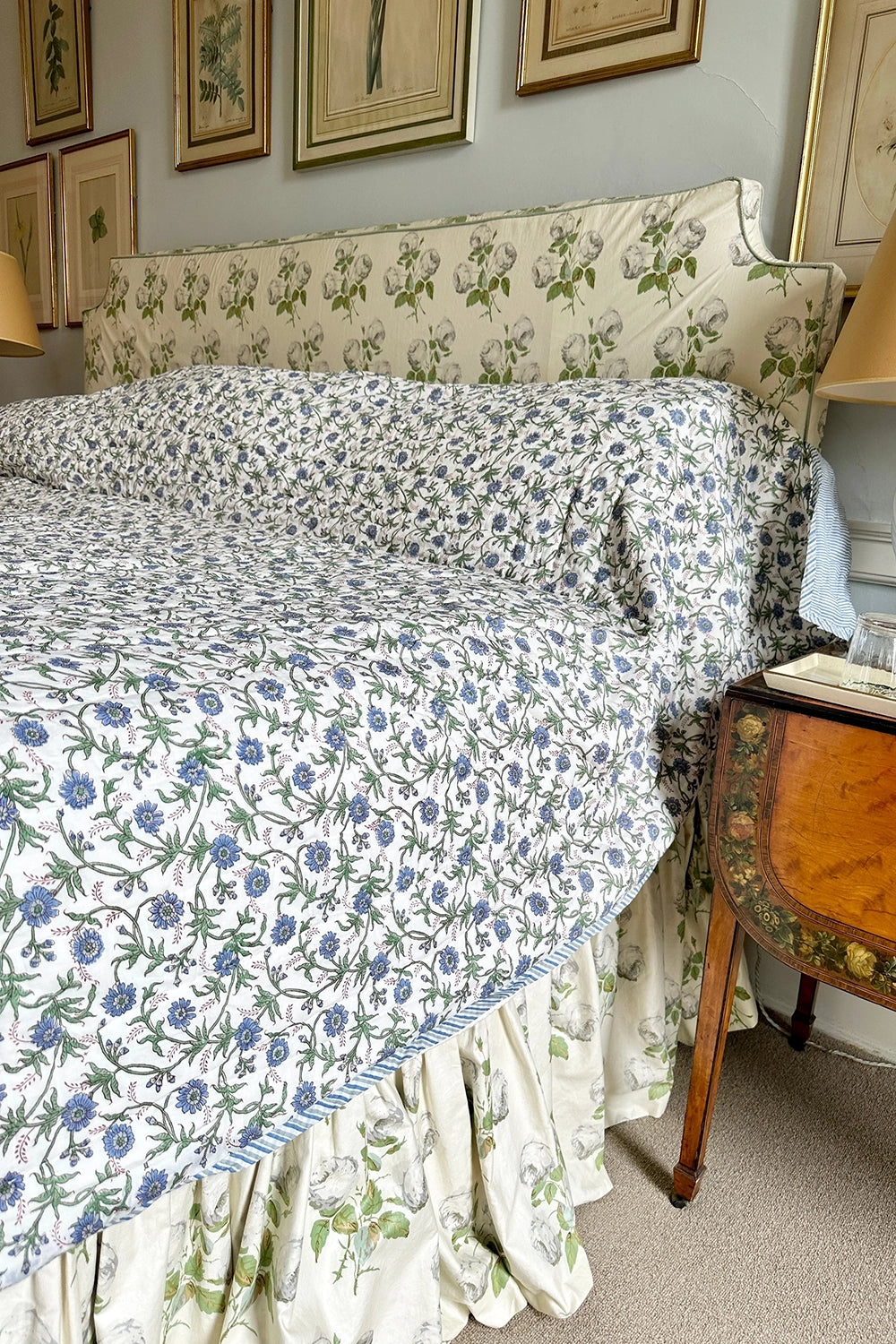
This store requires javascript to be enabled for some features to work correctly.

Sustainability
At Kapara London, sustainability is not just a goal; it's a guiding principle. Committed to making a positive impact on society whilst minimising our impact on the environment, we recognise our responsibility to embrace sustainable practices in every facet of our operations. Our mission is to design and produce clothing and accessories that reflect our respect for the planet and its resources. We strive to minimise our ecological footprint by meticulously selecting and researching eco-friendly materials, reducing waste throughout our production processes, and upholding fair and ethical labor standards. We approach sustainability with humility, acknowledging our limitations and committing to continuous improvement.
We as a brand want to constantly learn, adapt, and evolve as we navigate the path towards a more sustainable future.

Fabrics
Choosing and ensuring the use of sustainable fabrics can be difficult and complex especially in India.
Fabrics we use include organic cotton (in various forms), modal, linen, silk, cotton linen and a variety of sourced vintage fabrics. Although nearly every fabric has some disadvantages these are the ones we have pin pointed in India to be the most environmentally friendly
Organic cotton
Organic cotton is grown without the use of synthetic pesticides or fertilisers, reducing chemical pollution and promoting soil health. By supporting biodiversity, organic cotton cultivation contributes to the conservation of local ecosystems. However, organic cotton has some drawbacks. It typically requires more land to produce the same amount of cotton as conventional methods, and yields may be lower, potentially making it less economically viable for some farmers. Additionally, organic cotton still requires significant amounts of water for cultivation, which can be a concern in water-stressed regions. However we still prefer it to traditional cotton for it's reduced environmental impact and support for sustainable farming practices.
Kala Cotton
Kala Cotton, a traditional cotton variety native to India, is celebrated for its sustainability. Cultivated in the arid regions of Western India, particularly in the Kutch district of Gujarat, Kala Cotton requires significantly less water compared to conventional cotton varieties. Its resilience to drought and pests makes it well-suited for cultivation in low-input, rain-fed farming systems. Kala cotton is traditionally grown by smallholder farmers using organic methods.
Cotton Linen
Cotton linen is a blend of cotton and linen fibers, combining the best qualities of both materials. Sustainability in cotton linen production lies in the eco-friendly properties of linen and the versatility of cotton. Linen is derived from the flax plant, which requires minimal water and pesticides to grow, making it an environmentally friendly choice. Cotton, on the other hand, is a natural fibre that is highly breathable and durable. The drawback to cotton linen is the energy-intensive process required to blend the two fibres however this is minimal compared to the advantages this fabric poses.
Modal
Modal is a type of rayon fabric made from the fibres of beech trees. Sustainability in modal production stems from the renewable nature of beechwood and the closed-loop production process. The beech trees used to create modal are typically sourced from sustainably managed forests, where trees are replanted after harvesting. Additionally, the closed-loop production process ensures that chemicals used in manufacturing are captured, recycled, and reused, minimising environmental impact. We love modal for its softness, breathability, and eco-friendliness.

Zero Waste
We are committed to minimizing waste by carefully managing materials and products
- Our women's clothing and quilts are made to order ensuring we don't produce lots of surplus pieces that we then can't sell.
- Items that we do put into production we only ever handcraft in small batches.
- We sell exclusively through our website or at our own pop up shops which reduces our environmental impact and promotes responsible consumption. It also means we can closely monitor demand and produce only what is needed, reducing overproduction and associated waste.
- With scrap fabrics we make smaller pieces like scrunchies and elephant bunting so nothing is wasted.
Notes from our Travel Journal

Garment Care
To extend the lifespan of your clothes and conserve natural resources, consider these tips:
- Use cold water when washing.
- Hang your clothes to dry whenever possible.
- Dry clean selectively and choose an environmentally friendly option.
By following these steps, you can save money and contribute to a more sustainable future.
What we do...
Our product range is beautiful and unique, and includes clothing, accessories, gifts, and homeware.
